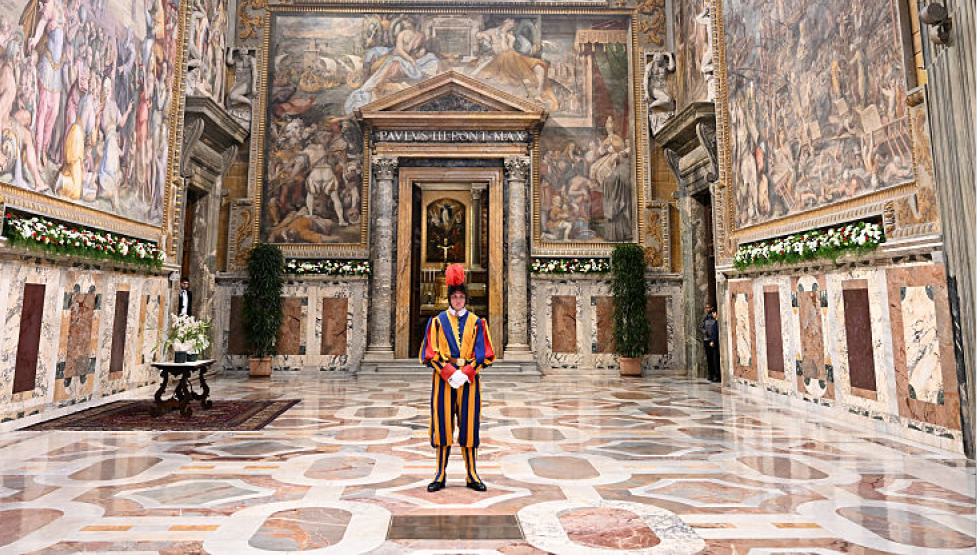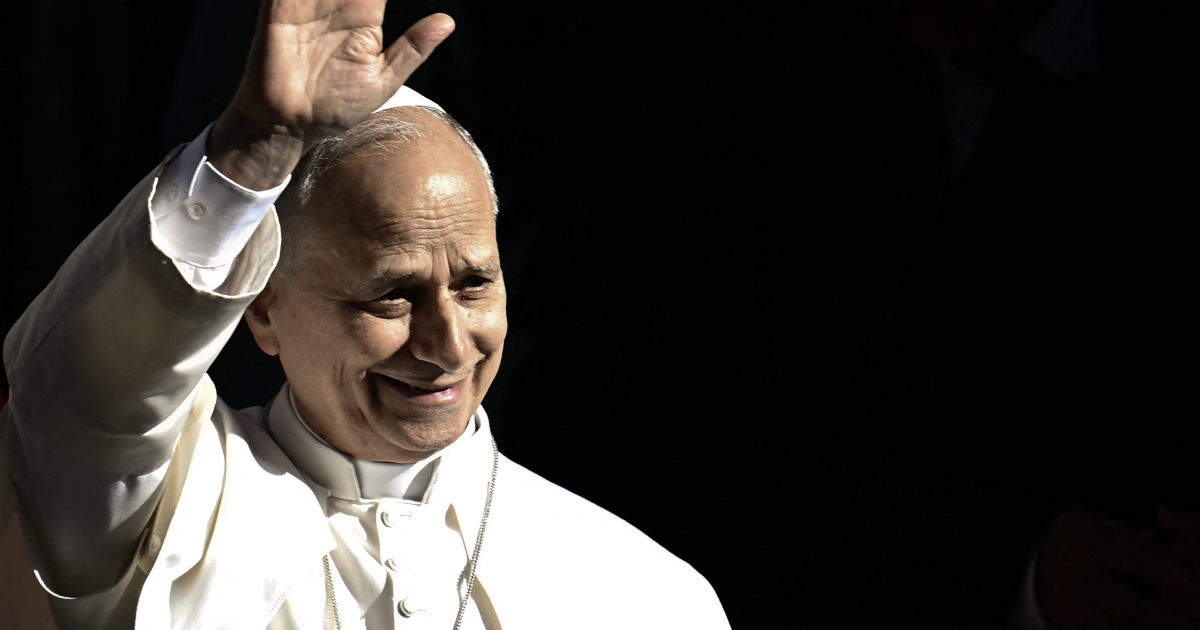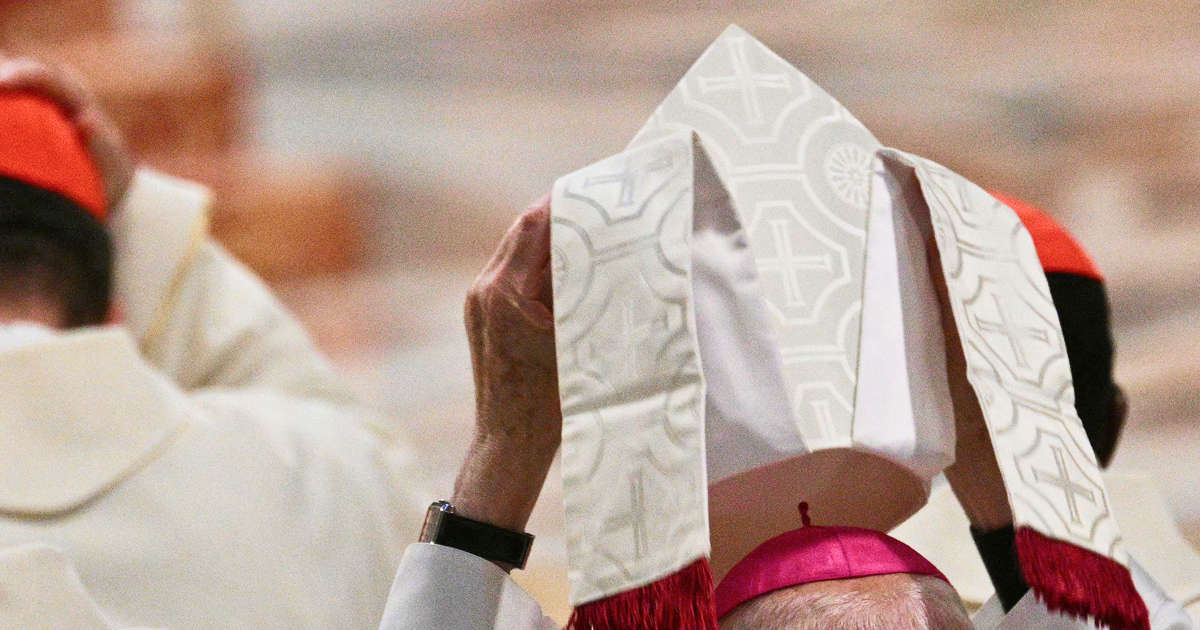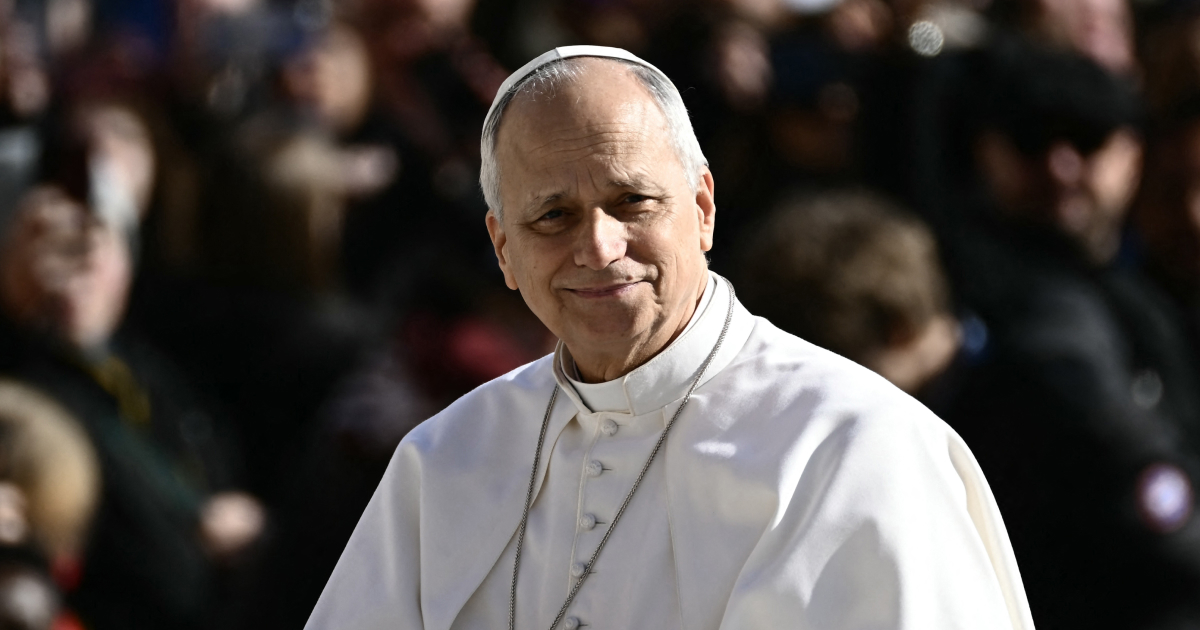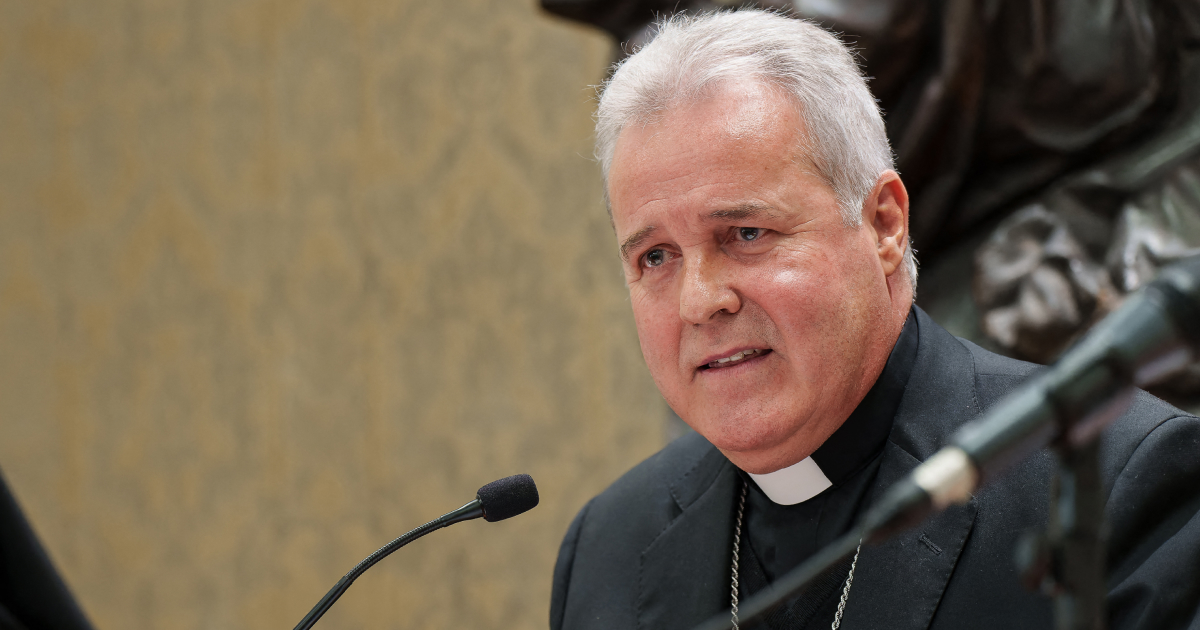The Vatican is facing mounting questions after the publication of a leaked audio recording in which Monsignor Jordi Bertomeu, an official of the Dicastery for the Doctrine of the Faith and the Vatican’s commissioner overseeing the suppression of Sodalitium Christianae Vitae, acknowledges that the Holy See was aware of an ongoing FBI investigation into suspected money laundering tied to the group.
The recording, released on 25 November by InfoVaticana, appears to show Mons Bertomeu discussing the case with a Sodalicio representative and outlining ways to “avoid scandal” as the legal pressures surrounding the movement intensified. Sodalitium Christianae Vitae (SCV) – also known as the Sodalitium of Christian Life – was, until its suppression by the Vatican, a Society of Apostolic Life of Pontifical Right within the Catholic Church, which was founded in Lima, Peru, by Luis Fernando Figari on 8 December 1971.
In the audio, Bertomeu acknowledges that the Holy See had interacted with US authorities. “The FBI delegate was here in Lima, who also wanted to know,” he says, recounting a meeting at the US Embassy in the Peruvian capital.
He adds that Vatican officials were in possession of documents indicating possible irregularities: “The Vatican has already informed the US authorities … that the investigation has uncovered documentation that suggests money laundering.”
The monsignor is also heard proposing a course of action aimed at presenting the situation to the FBI as effectively resolved through internal Church measures. “This solution would work … because what they profited from would be returned to non-profit purposes,” he says, suggesting that the approach could be accompanied by “a benevolent accompanying letter, where the Vatican acts as guarantor of the solution that has been reached”.
At several points, Bertomeu stresses the need to offer financial restitution, saying, “The first thing is to satisfy these victims … but you can’t satisfy them with a few bucks,” and proposing that some social works be “returned to the dioceses where missions theoretically profited”. He also acknowledges the delicate implications for Church leadership, remarking, “The last thing we want is to have to initiate canonical proceedings against bishops … Please reverse this.”
The problem here for the Church is not simply the possibility that a Vatican official proposed a strategy that could be interpreted as the Holy See conditioning cooperation with a FBI investigation. The deeper question is whether the Church has fully internalised a truth it proclaims but sometimes struggles to practise: that transparency is not a threat to the Gospel, but a servant of it.
Why does this matter for the Church and Catholic culture? Because a Church that hesitates before the truth risks becoming unintelligible to a world already suspicious of institutions and allergic to ambiguity. This incident cannot be understood merely as a diplomatic misstep or a personal lapse; it reveals a recurring pattern within modern ecclesial governance, the instinct to manage scandal rather than confront it.
The core idea, then, is that the incident involving Bertomeu matters because it reflects a broader and long-standing tension within the Church: the tendency to fear reputational harm more than moral compromise.
The habit is not new. From the financial crises of the 1980s within Vatican institutions to more recent controversies surrounding the Secretariat of State’s real estate investment in London, the Church has repeatedly battled internal cultures that prioritise discretion over disclosure. In cases of clerical sexual abuse, this instinct proved disastrous.
What we are witnessing now is the continued aftershock of that same mentality, resurfacing in a different sphere.
To understand the background fully, one must appreciate the Church’s historical relationship with civil authority.
For centuries the Church maintained its own legal systems, often in tension with or superior to civil jurisdictions (such as when it came to divorce). The residue of that worldview still shapes certain ecclesial reflexes. Yet the modern Church, especially since the reforms of Benedict XVI and Francis, has repeatedly insisted that civil and ecclesial justice are not rivals but collaborators. When allegations touch upon criminal activity, the Church’s stated position is that civil authorities must be engaged wit transparently and promptly.
This latest recording appears to show the opposite instinct, to frame cooperation in such a way that the Church could present the matter as internally resolved. The suggestion that returning assets and offering charitable restitution would “work” in shaping the tone of communication with the FBI points to an enduring belief that ecclesiastical and diplomatic solutions can pre-empt or soften civil consequences. Even if no such plan was ultimately executed, the logic itself is troubling.
When a high-ranking official appears to regard a federal inquiry as a problem to be finessed rather than a summons to truth, it undermines years of effort to build a culture of accountability. Catholic theology insists that justice is a virtue grounded in truth.
But when justice is approached transactionally; when restitution is proposed not as moral duty but as a means of shaping narrative, the Church risks signalling that it still sees transparency as a liability.
Photo: A member of the Pontifical Swiss Guard, during the State visit by King Charles III and Queen Camilla, in the Pauline Chapel in Vatican City, Vatican, 23 October 2025 (Photo by Pool/Getty Images)





